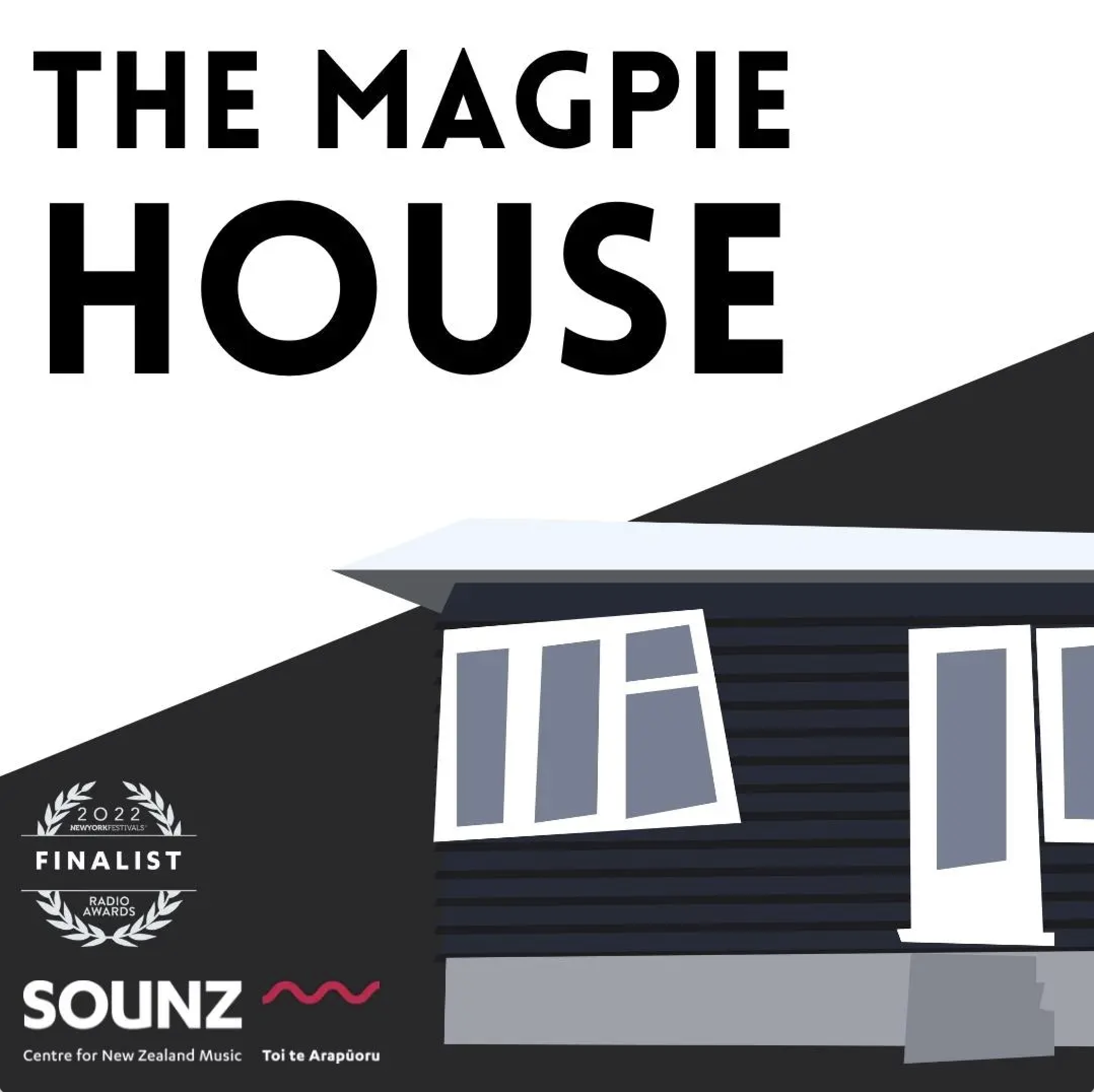1940 marks a period of great change in the cultural landscape of New Zealand. It has been 100 years since the signing of the Treaty of Waitangi, and pākehā artists including composer Douglas Lilburn are keen to develop a character in their work that reflects the nation they’ve grown up in — the landscape, the people, and the history.
Meanwhile, New Zealand has been pulled into World War Two, and there is an influx of European refugees, including composers and performers, architects, artists and supporters of the arts, all bringing their own ideas of what home and nationhood should look and sound like. Many of them would go on to face difficulties and, for some, persecution, when trying to establish a life in their new homeland.
Episode 1
1940 marks a period of great change in the cultural landscape of New Zealand. It has been 100 years since the signing of the Treaty of Waitangi, and pākehā artists are keen to develop a character in their work that reflects the nation they’ve grown up in—the landscape, the people, and the history.
After three months at sea, a young Douglas Lilburn returns home from London, where he studied with composer Ralph Vaughan Williams at the Royal College of Music. The cultural landscape he encounters upon his return is quite different from the one he left in 1937—during his absence, New Zealand has been pulled into World War Two and has seen an influx of European refugees, including composers, performers, architects, artists and supporters of the arts—all who have brought their own ideas of what home and nationhood should look and sound like.
While the world counts its losses from the war, many of these refugees are busy enlivening and invigorating the artistic scene in their new country. But this isn’t always made easy for them, and many face enormous difficulties—even persecution—in New Zealand.
“New Zealand has a long history of immigration policy that discriminated against what were called aliens and race aliens. The desirable immigrants were always people from Britain, people like ‘us’, and Jewish immigrants or refugees were not wanted.”
In Episode 1: Landfall In Unknown Seas, host Kirsten Johnstone focuses on the stories of refugees Richard Fuchs, Paul Schramm, Maria Dronke and Frederich Schwarzkopf (builder of the Magpie House) who, after fleeing the Nazis in Europe, faced discrimination and persecution while endeavouring to establish new lives in their adopted homeland during and after the Second World War.
Host: Kirsten Johnstone
Guests: Chris Cochran, Philip Norman, Ann Beaglehole, Danny Mulheron, Tom McGrath, Nick Bollinger
Music in this episode
Cadman: From the Land of the Sky-Blue Water
The George Fraser Orchestra with John Hoskins: Misty Moon
Richard Fuchs: String Quartet in D minor (mvt 4)
Richard Fuchs: A Christmas Carol
Richard Fuchs: Vom Judischen Schicksal
Ross Harris: One Small Diary (Diary of Anne Frank)
Douglas Lilburn: Drysdale Overture
Douglas Lilburn: Overture: Aotearoa
Douglas Lilburn: Prelude 1951
Douglas Lilburn: Canzonettas 1 and 2 (violin and viola)
Douglas Lilburn: Allegro for Strings
Douglas Lilburn: Prelude No. 2
Paul Schramm: The Girl in White
Paul Schramm: The Charleston
Paul Schramm: Walk to the Grave
For additional information on the music in this podcast series, please click here.
To purchase the recently released biography of actress Maria Dronke, featured in this episode, visit the PlayMarket website at this link.
Production team
Producer: Kirsten Johnstone
Research and Interviews: Jane Tolerton ONZM
Sound Engineer: Phil Brownlee
Script Advisor: Melody Thomas
Production Assistance: Roger Smith, Nina Lesperance, Jonathan Engle, Karlo Margetić, Aimee Somerville
Executive Producers: Diana Marsh, Eva Radich, Leoné Venter
Special thanks to
RNZ Concert
Ngā Taonga Sound and Vision
The Lilburn Trust
Atoll Records
Rattle Records
Ode Records
Performers in the podcast music excerpts
Cover Art: Kennedy Kioa Toi Faimanifo of Manatoa Productions
This podcast is supported by funding from Creative New Zealand.
© Copyright Centre for New Zealand Music Trust
